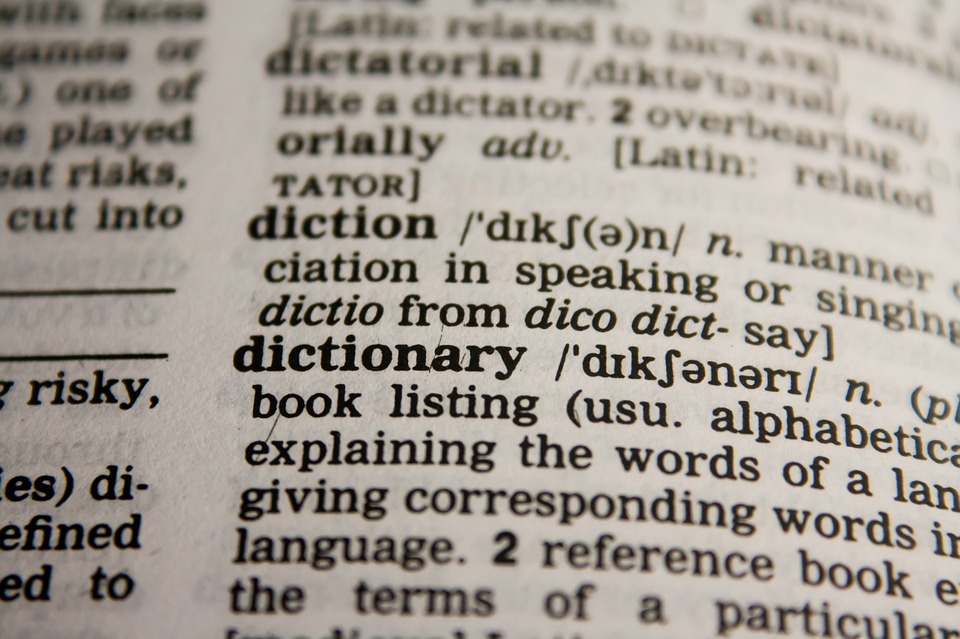By Ellen I. Goff
Do you have a teenager at home? Do they complain about the Wi-Fi being laggy? Do they call you cringe when you embarrass them in front of their friends? Or perhaps the economy has you down because the supply chain is backed up and shrinkflation is eating into your budget. Welcome to 2022 and some of the latest words added to Merriam-Webster.
A total of 370 new words have been added to the online dictionary this month. Among the entries are words from the categories of business, the virtual world, slang, banking, health, and food.
Back to those teenagers. While yeet (an interjection “used to express surprise, approval, or excited enthusiasm”) may be a headscratcher to those of us of a certain age, another entry, MacGyver (from the late 1980s TV show), may sound more familiar. You might overhear your kids pwn (to dominate, from the misspelling of “own” on a QWERTY keyboard) their opponent during a LARP (a live-action role-playing game), but they might be baffled when you start a text to them with FWIW (for what it’s worth).
The rapidly changing economy over the last two years has spawned many new words. In addition to the scourge of shrinkflation (as in, the cereal box is smaller but the price is still the same), many people have had to take on a side hustle (a second job for extra income) to get by. Others participate in the new gift economy where goods and services are given freely. Altcoin covers any type of cryptocurrency other than Bitcoin.
New food words can come from international dishes that have become popular in America or even newly popular generic ones (think plant-based, oat milk and the now-infamous pumpkin spice). Banh mi (a Vietnamese sandwich), ras el hanout (a northern African blend of spices), and omakase (a prix fixe selection of small dishes such as sushi), have all been added.
What about words related to COVID-19?
You may remember self-isolate and physical distancing. These, along with WFH, PPE, contactless, and forehead thermometer, were all added in April 2020. A new crop of COVID terms for 2022, much like the persistence of the virus itself, is not surprising: emergency use authorization, subvariant, booster dose.
How do new words get added to Merriam-Webster?
How do some words make it into the dictionary while other words don’t? Unless they appear in a work of Shakespeare – or are related to COVID – it can take years. The first known use of pumpkin spice was 1931. That’s 91 years to get into the dictionary. For COVID-19, it took just 34 days from coinage to entry.
Merriam-Webster has a process for adding words. Dictionary editors look for new words in national publications and scholarly journals, then begin to collect citations. After that they track how frequently those words are used in a meaningful way. Once there is enough evidence to support a new entry, the word is reviewed by the more senior colleagues. If a word doesn’t make it through the process the first time, it may be reviewed for a later edition. Sometimes, as in the cases of pod, hashtag, and mouse, words are already in the dictionary but are used in a new way.
Think you know the meaning of Merriam-Webster’s newly added words? Quiz your vocabulary here.
Ellen I. Goff is NCRA’s Senior Marketing Manager. She can be reached at egoff@ncra.org.









